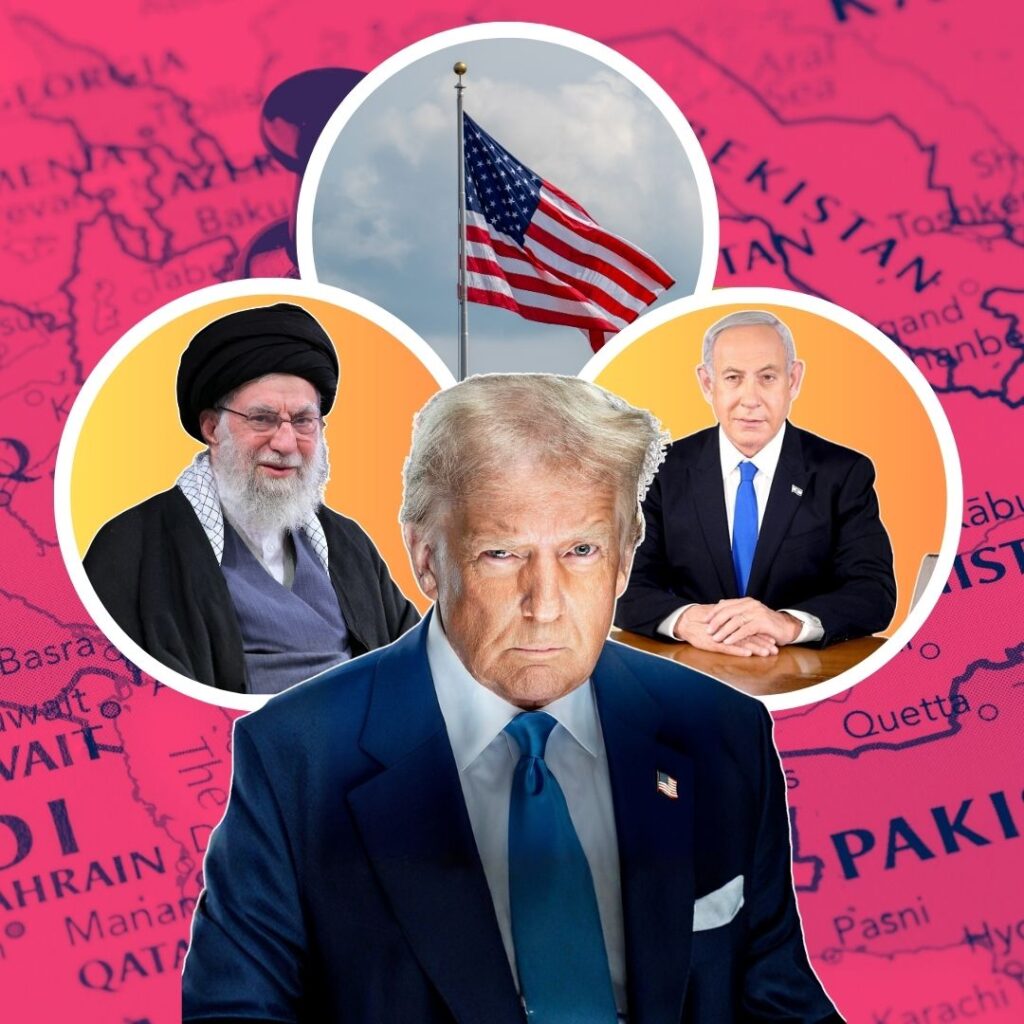Global emission rates have witnessed a decline throughout history whenever the economy came crashing down. The air pollution levels have plummeted, water bodies have cleared up, skies in some of the most polluted cities have turned blue while most of the world has come to a standstill.
People are breathing some of the cleanest air ever since Prime Minister Narendra Modi declared the first nationwide lockdown. Worldwide, there have been positive changes in the environment, some of which were witnessed after decades.
People in Delhi can see clear skies and stars, the air pollution has gone down which is visible in the picture of India Gate below. People from Jalandhar, Punjab reported the visibility of the Himalayas which was a sight after a 30 years, and many pictures emerged of snow-capped mountains being seen in the clear blue skies. Places all over the world like California, Beijing are experiencing clearer skies and canals in Venice, rivers like Ganga and Yamuna in India have all cleaned up.
But the improvement in the environment, however, has come as a result of lockdowns and restricted human activity worldwide and therefore is likely to be short-lived.
Once the pandemic subsides, we’ll be left in a much poorer world, lesser money, fewer jobs and other added anxieties. Governments will focus on getting the factories and businesses going again and recovering the economy. However, if the revival isn’t done mindfully, it’s just going to be an onset of another crisis thereafter.
The Logical Indian got in touch with environmentalist Himanshu Thakkar, and economist Nirupama Soundararajan to talk about the post-pandemic world and the urgent need to restructure our energy sources, transportation, infrastructures, and policies that ensure us a sustainable future, but most of all, the role of the government and the public in achieving so.
‘Corona provides a break from the past. This should drive the government towards change. India always had national and state action plans for climate change, but the problem is that we could not break from the past,’ Thakur said.
‘One lockdown managed to do what 30 years of effort couldn’t do to Ganga waters. While we have such plans, the implementation isn’t serious, they’re more for the obligation to the international guidelines. In fact, solar and wind energy plants today make more sense economically than mining for fossils. Sustainable cropping patterns, solar rooftops, rainwater harvesting projects, industrial waste management, there is so much that needs our focus. Righteous governance and approval can be major controllers of environmental hazards,’ he said.
We end up quantifying the amount of damage acceptable at one end to achieve the other end.
It is important to note that we as people play the role of drivers of change and the government substantiates the cause.
‘Both the government and the people- the media, the judiciary, everyone have to come together and see this as an opportunity, it is mandatory that they come out as a strong force and this becomes a people’s movement for change to happen’, Thakkar added.
‘Every time we speak of development, the narrative has always been one at the cost of the other. There’s always been this approach of taking the easy way out as opposed to looking at industries that encompass the environment instead of believing that economic development has to come at the cost of the environment and then try to bargain with the cost’, Nirupama told The Logical Indian.
She further explained that planning and devising strategies have always been single faceted and we’ve never looked at the structure as a whole.
‘If we opt for electric cars, we think of saving on petrol and diesel, however electricity might become a problem in future and we’d think we were better off with normal cars seeing energy units are polluting more,’ she said.
The government, as Nirupama said, is the enabler while the ideas for innovation and solution have to come from people and industries.
The governmental support and initiative is broadly limited to monetary funding for sustainable projects and ensuring strict adherence to stipulated guidelines that fall in line with pollution prevention, and more can always be done at these fronts, however, solutional framework, and more importantly ones that hold us accountable, have to actively come from industries.
‘Obtaining money from the government is probably the easiest thing, the government can provide money, but where is that money going to be put industrially speaking, is the larger question’, Nirupama added.
Whether or not this much needed environmental change lasts, depends upon the state of affairs followed once the lockdown lifts up and the world starts running again, but if sustainable structures aren’t worked out worldwide, there is no denying that the release from this pandemic would not lead us into a better world in the longer run.
Also Read: Andhra Pradesh: 40,000 Wom…












